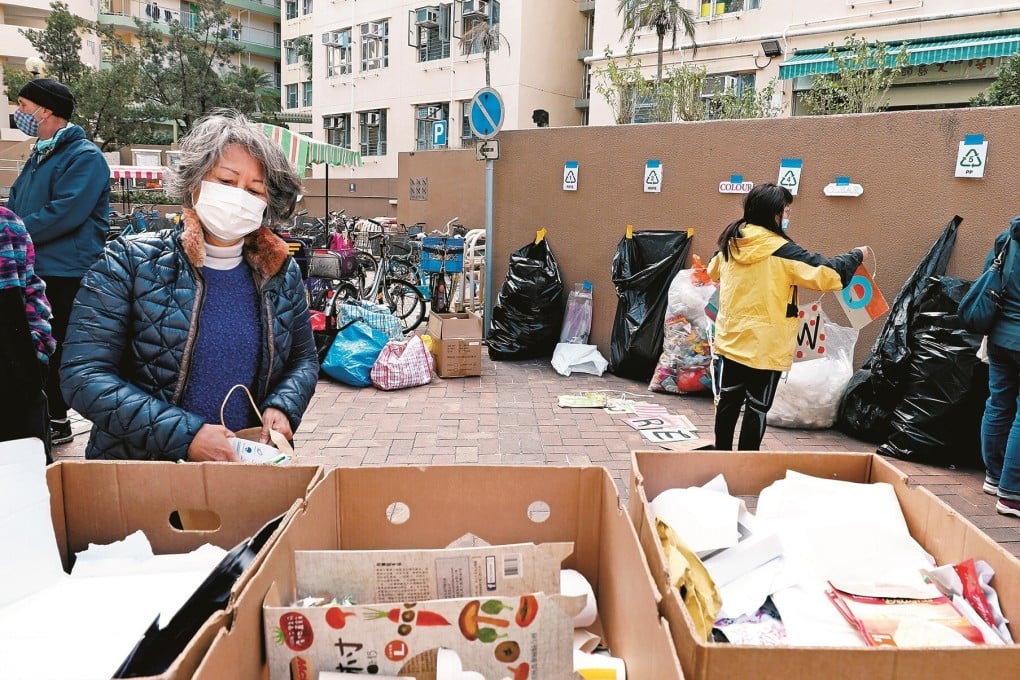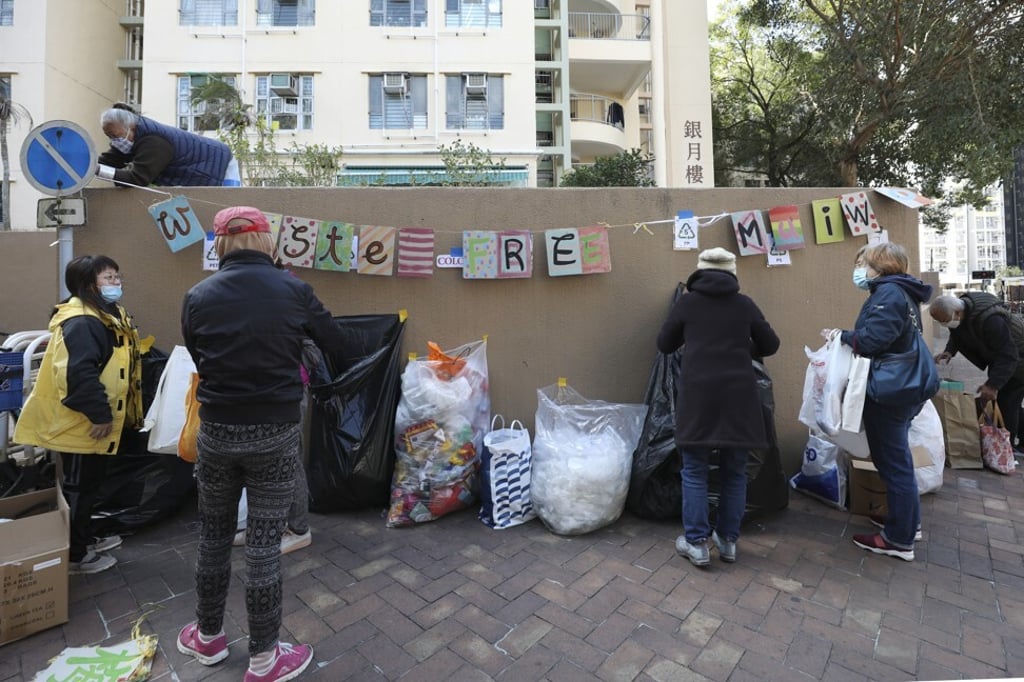Freecycle events keep unwanted items out of landfills by letting Hong Kong people give them away
- Second-hand goods free of charge – that’s the idea behind Freecycle, where anyone can bring unwanted items and take anything they see
- It’s like a flea market but no money changes hands, says organiser of events on Hong Kong’s Lantau Island

Just under two years ago Ashley Lendrum-Bordoli – newly returned to her native Hong Kong after a stint in New Zealand and looking for a useful way to occupy her time – had a brainwave. Unusually for Hong Kong, it was the opposite of a money-spinner. And like all good ideas, it was startlingly simple.
Every couple of months, anyone who wanted could bring their unwanted household bits and pieces to her Freecycle event in Mui Wo, on Lantau Island, and at the same time help themselves to anything they fancied. No money would change hands, and stuff that might otherwise have ended up in a landfill would find a new home.
“All over the world, and especially in Hong Kong, people are underusing and over buying. I wanted to do my bit to turn that around,” says Lendrum-Bordoli, 35, who lives in Tin Hau on Hong Kong Island and visits her parents in Mui Wo at the weekend.
“I knew there was an online marketplace for Lantau, but I wanted to start a flea market, as I liked the idea of the car boot sales that they hold in the UK and New Zealand,” she says. “But I found out that in Hong Kong I would have to obtain a licence if any money changes hands, so Freecycle was a better option.”

Having picked a location – on the Mui Wo waterfront next to the umbrella-like Japanese Superb Fig tree, Lendrum-Bordoli simply put the word out and then let her Freecycle freewheel.